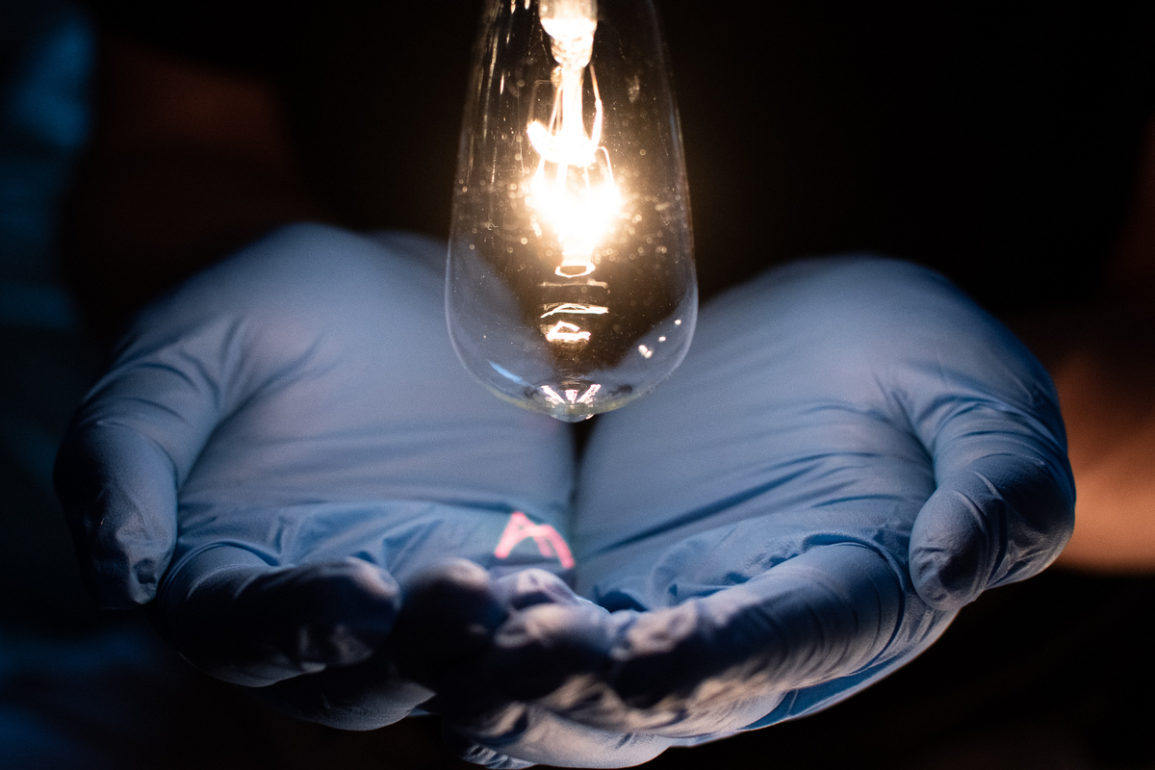Healthcare workers balance performing their job with their daily lives in the midst of the coronavirus pandemic.
Within the first two months of 2020, the Centers for Disease Control and Prevention reported public health agencies throughout the United States detected only 14 positive coronavirus cases, all related to travel from China. By the end of February, the spread of coronavirus disease 2019 (COVID-19) led to the initiation of a global pandemic. While many lives were put on hold, those of healthcare workers on the frontline of the virus continued full-speed ahead with unknown outcomes and life-threatening risks.
For Albana Liti and Suzana Matic, healthcare professionals from Chicago, the pandemic meant longer hours, more patients, and increased safety precautions and policies.
When Liti joined the medical field as a nurse 13 years ago, it wasn’t the paycheck that drew her in, but her love for people.
“It’s not the easiest career path,” Liti says. “But, loving people is something that comes naturally to me, and that’s why I chose healthcare.”
But now, Liti is asking people to stay home, to protect themselves and their families and to make it possible for her to do her job during the COVID-19 pandemic.
While Illinois was on lockdown, some of the only places open were hospitals, and so Liti continued to report to work while the rest of the world around her was put on pause. She is still isolating herself from her family, she wears a mask at work, and she washes her hands more often than usual.
“It’s just a matter of, let’s get through this hurdle, and then we’ll get back to our normal routine,’” Liti said. “That’s how you keep yourself safe.”
Like Liti, Suzana Matic, an ultrasound technician based in Illinois, has also experienced changes to her typical routine. Matic has been in the medical field since 2001, and she also considers herself a very empathetic person.
But while she loves her job, reporting to work during a global pandemic is nerve wracking, Matic says. She explains the change she’s seen in her hospital like the empty shelves in grocery stores: scary.
“You’re used to seeing one nurse in protective clothing, but now you’re seeing everybody in the emergency room wearing it,” Matic says. “People are coming in and out, and seeing all of that change before your eyes makes you a lot more anxious and aware.”
When she gets off work, Matic changes her clothes at the hospital and takes a shower before she lets her three children hug her.
“I would come home and my kids would hug me (right away),” Matic says.
But now her response is nope, everybody stay away.
She’s also worried about protecting her husband, who is asthmatic and therefore considered high-risk.
But the precautions Liti and Matic take go beyond their front doors. Matic and her department use sanitizing wipes to clean surfaces including tables, chairs, phones, and light switches. Liti and her coworkers implemented video visits, which allow patients to video chat with medical professionals to not only protect themselves, but others who need to report to the clinic.
“It helps us to minimize exposure,” Liti says. “If patients come to the clinic, we don’t know if they will be exposed on the way there or on the way back to someone who may be sick.”
Matic’s hospital has also started screening all patients prior to their appointments by calling and asking if they have any COVID-19 symptoms, telling them to please stay home if they do.
Yet, despite efforts encouraging people to help “flatten the curve,” Matic says people still continue to leave their houses and avoid following CDC guidelines.
“I was watching on the news that people in Chicago were having house parties,” Matic says. “Don’t be selfish. People are staying at hospitals taking care of patients, patients with COVID-19, patients that have had strokes or heart attacks or aneurysms, and people are still going out having parties.”
“We do our part to serve others,” Liti says, “and we hope others will do their part to serve us and our families in the same way.”
“We’re not just healthcare workers. We’re mothers and daughters and neighbors; we’re people that need care,” Liti says. “The same way I help others, I hope people are serving and helping my family members [by staying home].”
If people do not start staying home, Matic said, then there will likely be a wave of sick patients visiting hospitals all at once and not enough supplies to support them all.
“Our hospitals are prepared in the way that we know how to care for our patients,” Matic says. “But with a pandemic, it’s almost impossible to prepare. It’s hard to have supplies and sustain them for a hopefully once-in-a-lifetime occurrence.”
But while this once-in-a-lifetime occurrence is tragic, both Matic and Liti say it has led to stronger bonds between medical professionals.
“We have always watched out for one another [in the clinic], but more so now,” Liti says. “We all understand that we’re all together in this, and we must help one another.”
“‘Stay safe,’ everybody kind of says that to each other,” Matic said. “Everybody’s like, ‘we’ll get through this together.’”
While Matic and Liti continue reporting to work every day to take care of patients and do their jobs, there is one thing they ask of others: please stay home.
“People just need to stay home and take this seriously,” Matic says. “The quicker we do, the quicker we can change this and get out of this.”




